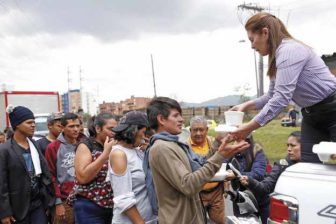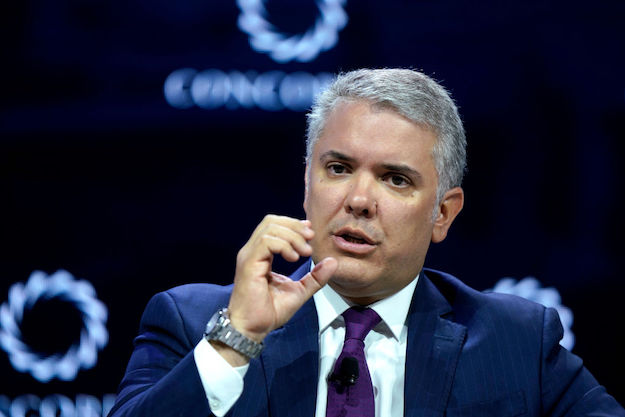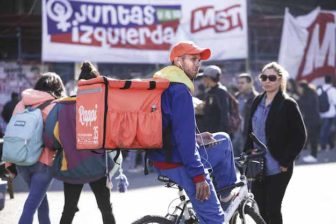In the early 2000s, Medellín struggled to overcome high unemployment, inequality, and a lack of infrastructure and services in its poorest areas. The city needed not just incremental but radical change in order to tackle these challenges and succeed in an ever more competitive global context.
To accomplish this, the city’s academics, businesspeople and civic leaders came together around a shared vision: that Medellín would provide better opportunities for all its people by first providing better opportunities to those who had been left behind. Invigorating the city’s poorest neighborhoods through science, technology, innovation and culture would revitalize the city as a whole.
The good news was that Medellín didn’t have to reinvent the wheel: there was plenty of inspiration to choose from in other cities that were already succeeding in spurring entrepreneurship and generating employment through education and new ideas.
This vision got a major boost during the administration of former Mayor Sergio Fajardo (2004-2007), who was elected on the platform that Medellín should be the most educated city in Colombia. The government, in conjunction with non-state actors, studied the Spanish city of Barcelona, which went from being a port city with a heavy reliance on industrial activities to a city of services through its innovation district, @22. The administration also looked to Chile, which had been working for over 20 years on adding value to its traditional economy. And finally, to Singapore, which by strengthening its private property rights created a safe legal environment to do business, and by tightening its anti-corruption laws made itself attractive for foreign investment – thus transforming the country from one of the poorest globally to one with one of the highest GDPs per capita. The administration took note of these best practices and set out to design the city’s own ecosystem, one that would be tailored to the needs and dreams of every person that calls Medellín home.
That’s where Ruta N came in. Fajardo’s successor, former Mayor Alonso Salazar, created Ruta N in 2009 to nurture and invigorate that ecosystem. We at Ruta N work to attract and create the talent that will lead the businesses of the future in order to position Medellín as a competitive, inclusive city. Located in a special innovation district, Ruta N makes sure there is enough capital to finance every science, technology and innovation venture in the city. We create networks through which knowledge and ideas can flow freely and we offer spaces for companies to come and create, from Medellín, for Latin America and the world.
Over the past few years with a team of 120 people, we have been able to increase local government investment in science, technology and innovation from less than 0.5 percent to 1.3 percent of GDP (according to our corporate indicators), grow the number of startups and disruptive projects in the city, raise over $200 million available for innovation, create nearly 3,000 jobs with an average monthly income of $1,300 (versus the current minimum wage of $250) and position ourselves as a great place to do business. Through our work, Ruta N hopes to improve Medellín citizens’ quality of life and offer them more opportunities. We have discovered that co-creation and citizenship empowerment can not only solve our own challenges, but also those in other cities in Colombia and around the world. We are working to share our solutions, as seen in the Cities For Life meeting that took place in Paris in November 2016. Now, Medellín is providing lessons.
It’s still not enough. We at Ruta N, along with Mayor Federico Gutiérrez, want Medellín to be a world-class, knowledge-based, inclusive and sustainable city and that means having a sufficiently robust ecosystem that provides the right ingredients – talent, capital, infrastructure and businesses – for innovation to happen in a systemic, massive way. We’re working on making it happen.
—
Franco Restrepo is the executive director of Ruta N in Medellín.








